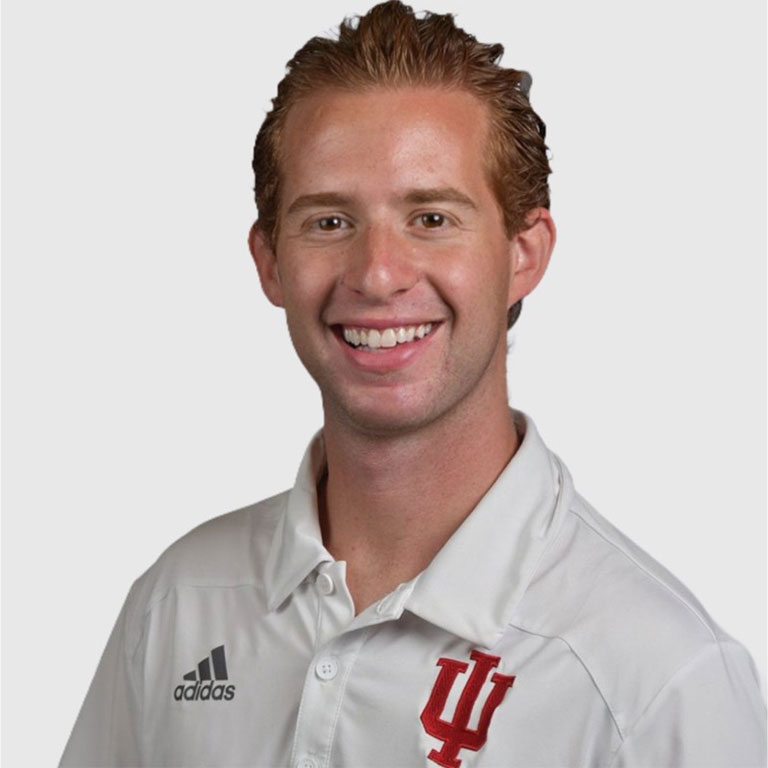The pressure on college athletes can be brutal - and for IU student-athletes with national attention, keeping healthy both physically and mentally is critical.
That’s where Eli Friedman comes in. Friedman is a doctoral student with the sports psychology program at the IU School of Education.
Within the sports psychology team at IU Athletics, Friedman primarily focuses on athletes with the men’s basketball team, women’s basketball team and wrestling team, where he addresses the intersection of mental health and performance, both at the individual and team levels.
“On the mental health side, this might include providing counseling to student-athletes dealing with issues like anxiety, depression, or everyday stressors such as transitions or injuries. On the performance side, we offer mental skills training to teams, which could include techniques like mindfulness, imagery, relaxation strategies, or team building activities,” Friedman said. “The specific services we provide vary based on the needs of each coach and the particular challenges the team is facing.”
A key to prioritizing mental health for student-athletes, Friedman said, is simply starting the conversation. Discussions about mental health and performance are both fun and meaningful.


